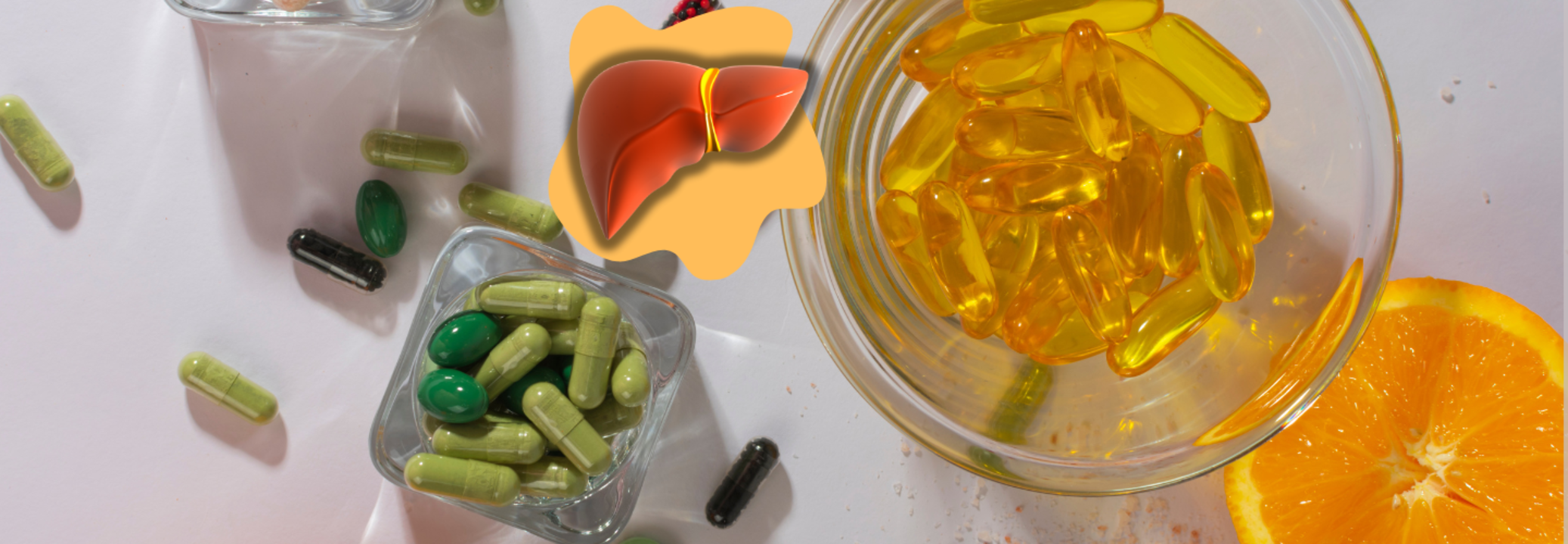The Dangers Of Taking Too Many Supplements For Your Liver

SummaryOverusing dietary supplements—even natural ones—can overwhelm the liver, leading to inflammation or organ failure. Experts recommend consulting professionals, checking for drug interactions, and choosing certified products for safety.
End of Article
